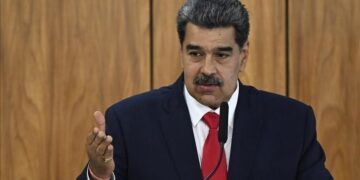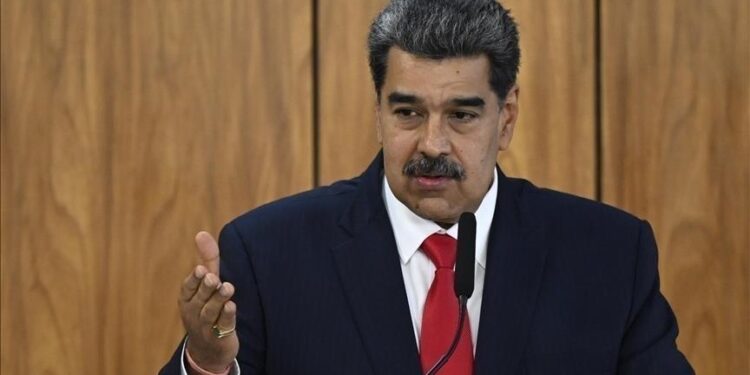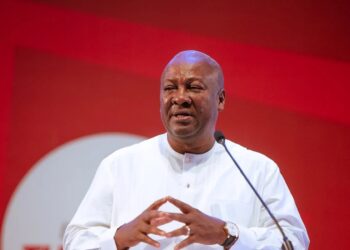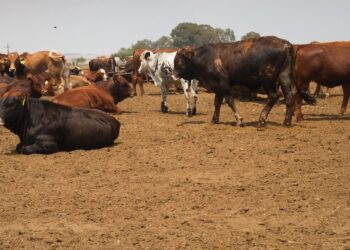By Ebi Kesiena
The United States has announced a $25 million (Sh3.2 billion) reward for information leading to the arrest of Venezuelan President Nicolás Maduro, intensifying its pressure on his administration.
The announcement came as Maduro was sworn in for a contentious third six-year term following disputed elections in July. The polls faced widespread condemnation from the international community and opposition leaders, with many questioning their legitimacy.
In addition to the reward for Maduro, the US offered $15 million (Sh2.2 billion) for information on Defense Minister Vladimir Padrino and additional bounties for Interior Minister Diosdado Cabello. These moves signal Washington’s firm stance against Maduro’s government, which it has long accused of corruption, human rights abuses, and undermining democracy.
Despite international rejection, Maduro took the oath of office before Venezuela’s parliament on Friday, vowing to deliver “peace, prosperity, equality, and a new democracy.” However, his inauguration has deepened Venezuela’s isolation, with countries like the US, Brazil, and Colombia refusing to recognize his presidency.
Opposition candidate Edmundo González, viewed by critics as the legitimate winner, fled to Spain in September but has since been rallying international support across the Americas. The Maduro administration issued an arrest warrant for González, offering a $100,000 reward for his capture.
Opposition leader María Corina Machado, barred from running in the election, briefly resurfaced at a rally in Caracas before being detained and later released. The incident, dismissed by Information Minister Freddy Nanez as a “media distraction,” underscores the increasing repression of dissent under Maduro’s regime.
The election results, declared by Venezuela’s National Electoral Council (CNE)—an institution widely viewed as pro-Maduro—remain heavily disputed. The international community continues to question Maduro’s legitimacy, further isolating Venezuela amid its ongoing political and economic crises.




































